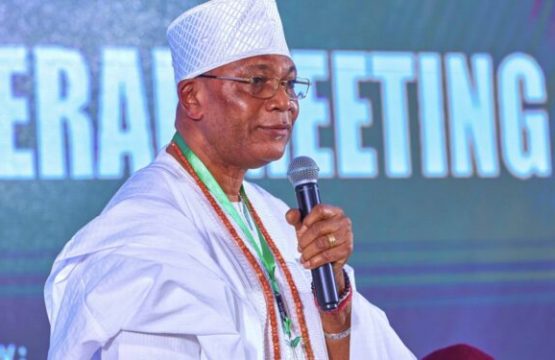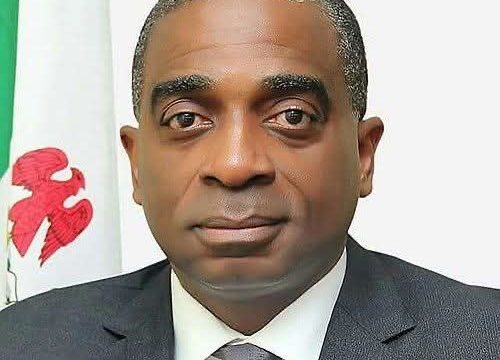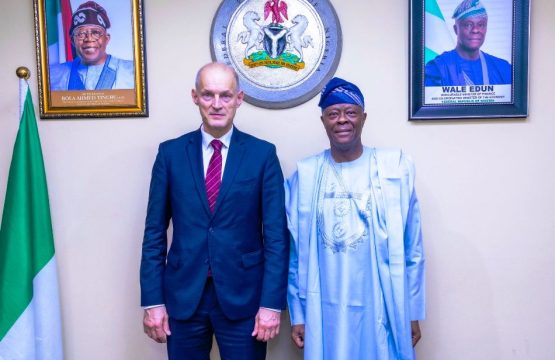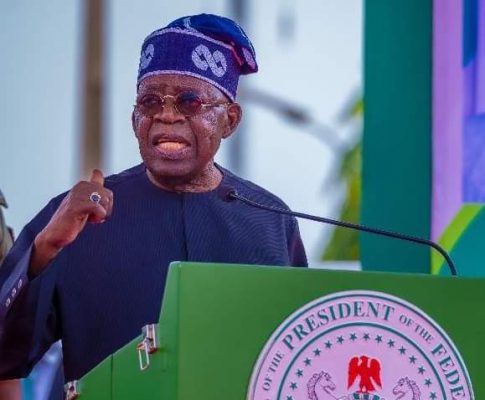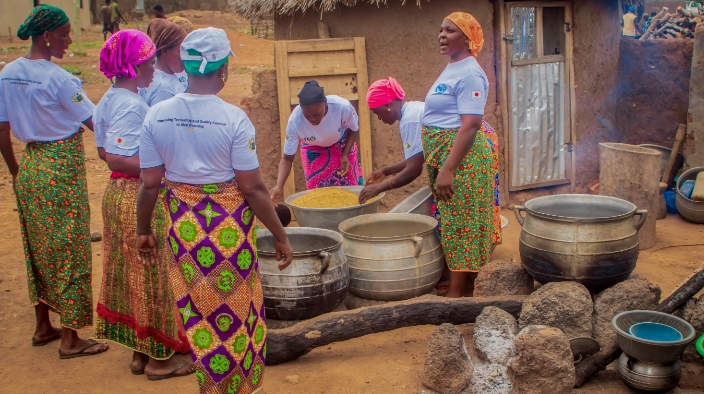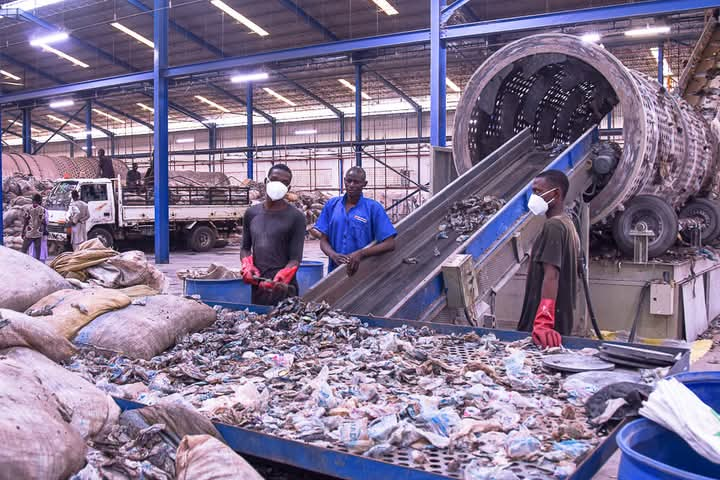• Nigeria’s President Bola Tinubu
As Nigeria approaches its 65th independence anniversary on October 1, 2025, Dr Muda Yusuf, CEO of the Centre for the Promotion of Private Enterprise, reflects on the nation’s economic journey, highlighting essential lessons for a sustainable future.
Foundations and Early Years
At independence, Nigeria boasted an agrarian economy, with agriculture comprising 60% of GDP and providing most jobs.
The decentralised governance system fostered resource control, accountability, and innovation.
This emphasises the value of local ownership and fiscal federalism for balanced development.
The Oil Boom and Vulnerabilities
The discovery of oil in the late 1960s shifted Nigeria’s economic focus, leading to wealth but also structural issues.
Agriculture suffered, creating food import dependence, while corruption and neglect of domestic value chains made the economy vulnerable to oil price fluctuations.
Lessons include prudent resource management and strengthening domestic industries.
Adjustment and Social Costs
The oil price crash in the early 1980s led to the Structural Adjustment Program (SAP), introducing liberalisation but also rising poverty and inflation due to increased import dependence.
Reforms must be sequenced with strong institutions and social protections to prevent worsening inequality.
Recurring Recessions
Nigeria has faced eight recessions since independence, primarily due to oil shocks and fiscal mismanagement.
Building resilience requires export diversification, fiscal discipline, and stabilisation mechanisms to manage revenue volatility.
Governance of Oil and Gas
Poor governance in the oil sector resulted in dependency on imports and corruption, undermining fiscal stability.
However, initiatives like the Dangote Refinery signal potential improvements if reforms are maintained.
Security and Economic Stability
Deteriorating security over the past two decades has eroded investor confidence and disrupted key sectors. Restoring security is essential for economic recovery and productivity.
Despite ongoing challenges, Nigeria sees emerging bright spots with efforts aimed at revitalising the economy for a more sustainable future.


